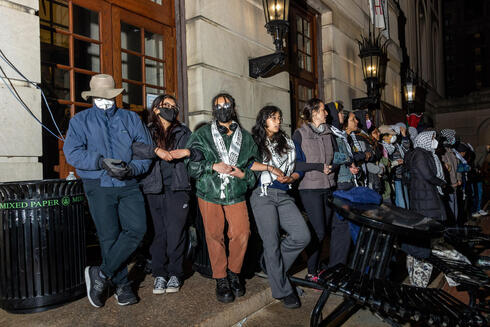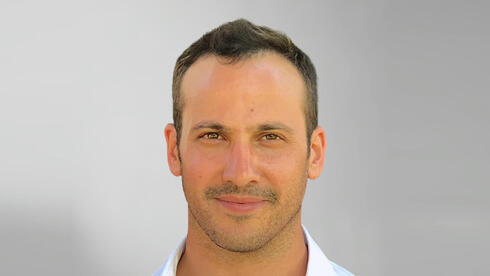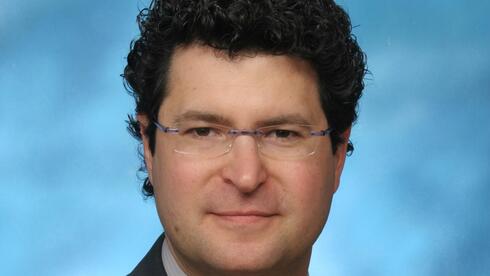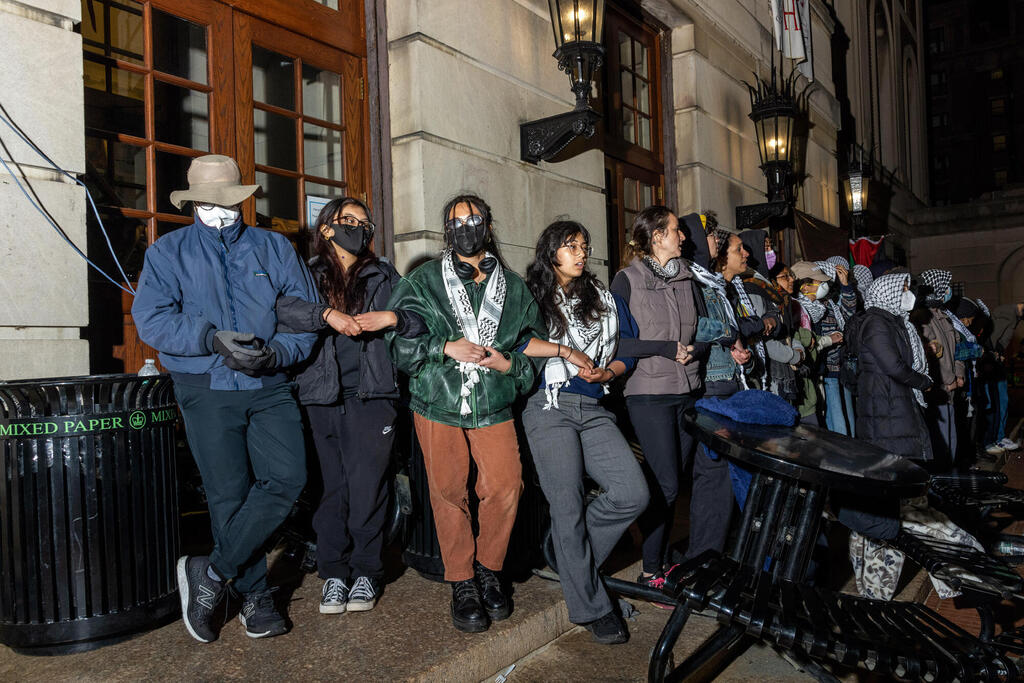
Could Israel be facing an academic embargo?
Could Israel be facing an academic embargo?
An emergency session was convened to establish a government taskforce to address efforts at U.S. and European institutions to boycott Israeli academics, which has so far manifested in protests and informal boycotts, amid growing fear that elite universities will join
Innovation, Science and Technology Minister Gila Gamliel convened an emergency session on Thursday to discuss efforts abroad to boycott Israeli academia and to form a government taskforce to address the issue. If it is in fact established, it would be about 20 years too late. Successive governments neglected to invest in academia, which they saw as part of the liberal left, in favor of investing in yeshivas and settlements. There is also the question of what kind of budget will be granted to counter the billions that Qatar has been investing in academic institutions in the West.
Despite the antisemitic and, at times, violent protests on American campuses, the great fear of senior Israeli academics - of being boycotted by prestigious universities or reputed scientific institutions - has not yet come true. There have been many cases of unofficial boycotts at conferences and publications mainly due to a desire to avoid incurring the wrath of the Palestinian lobby and protesters. But no official institution or country has endorsed an academic boycott like what happened to Hungary following its move to a dictatorship.
There have also been individual cases of academic partnerships being canceled including Oslo Metropolitan University in Norway and the University of Turin in Italy. In all likelihood, the first boycott from an elite university will come from Europe rather than the United States. However, the fear is that once one institution sets a precedent, the dam will break and there will be a tsunami of boycotts.
In academia, it is impossible to be geographically isolated. "The quality of international research depends on collaborations," explains head of the National Council for Civilian Research and Development and former president of the Technion Prof. Peretz Lavie. “We abandoned American campuses many years ago. We knew that Qatar was pouring billions [into them] and BDS was taking over the campuses. Today we are paying the price. There is no one to organize the struggle."
The severity of the situation facing Israeli academia was demonstrated when a delegation of senior Israeli officials who recently visited American campuses was asked not to publicize their visit. Lavie explains that the main danger right now in the U.S. is that universities will decide to divest from companies that supply weapons to Israel as well as Israeli companies. "What is most troubling is that Columbia and Brown agreed to negotiate with the protesters for whom divestment is one of their demands. It should have been rejected outright."
He points to another danger: the fact that many of the protesters are American students from elite universities who in a decade or two will belong to the country's ruling elite. "I am very afraid of what the American government's position will be towards a Jewish state and Israel," he says.
Since the beginning of the wave of antisemitism on American campuses, Lavie has been calling for large sums to be allocated to absorbing senior Jewish and Israeli researchers seeking to move to Israel from abroad, as well as Jewish students from the United States. He says that such a move will "send an important message." He also says that action should be taken to mobilize the many Jewish researchers and students in prestigious American universities to fight against antisemitism and stop being a "silent majority.”














